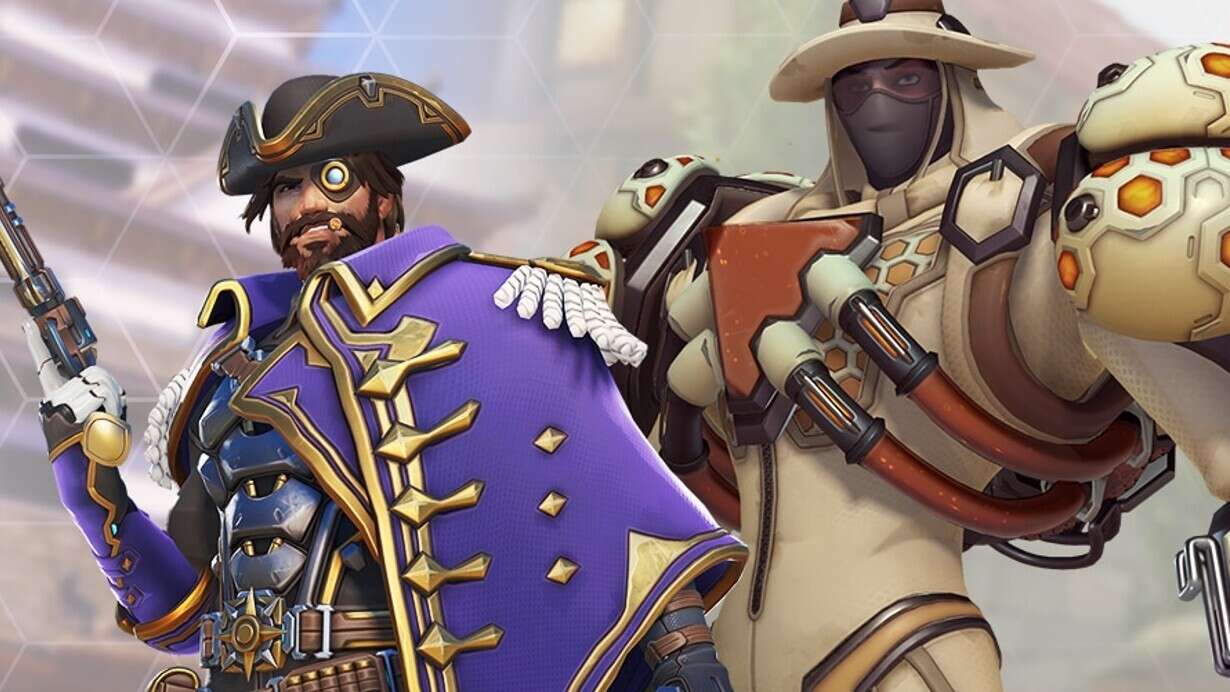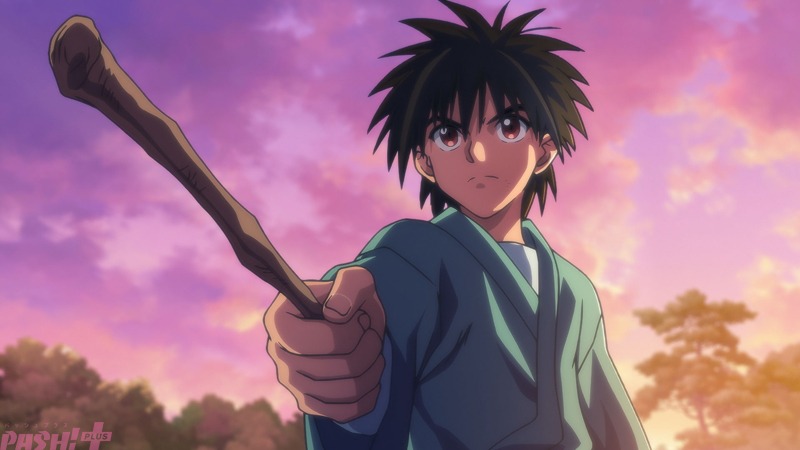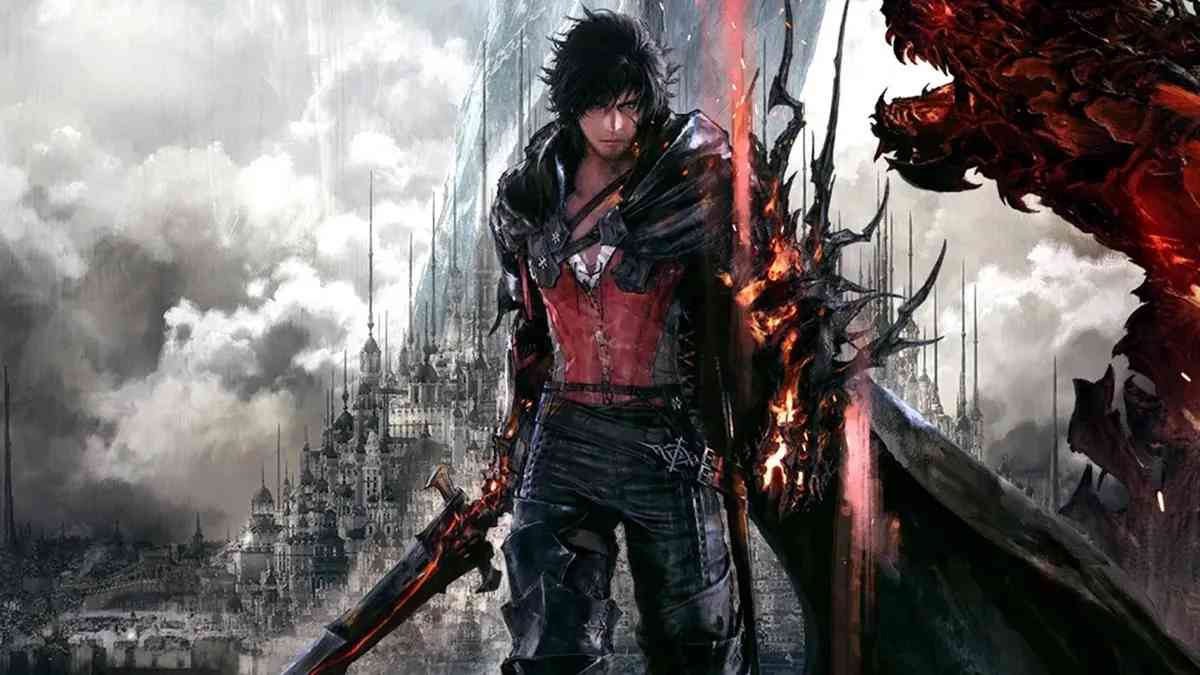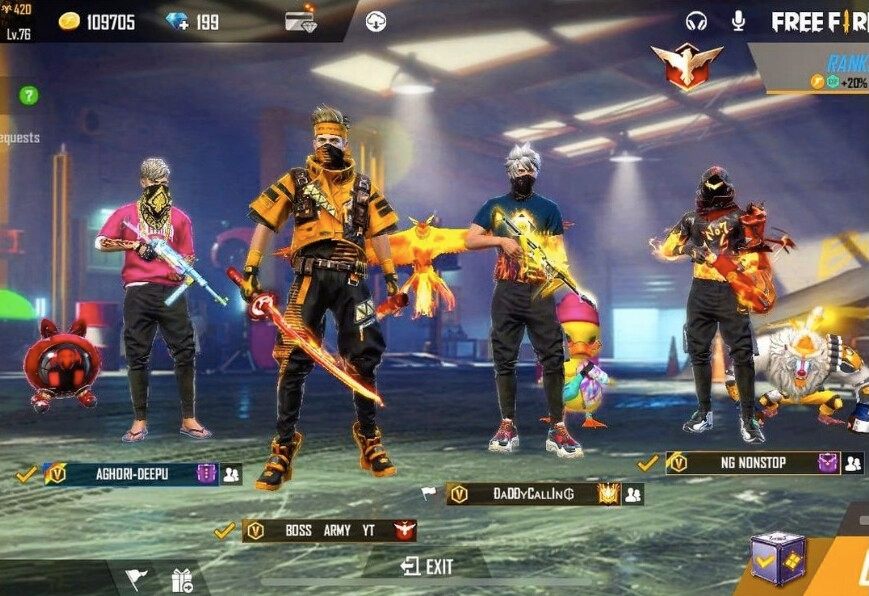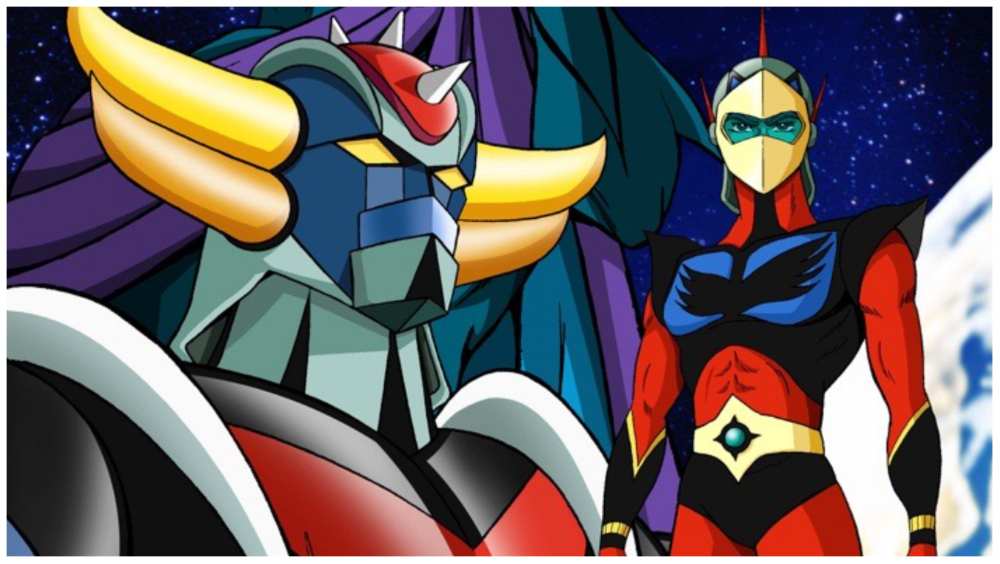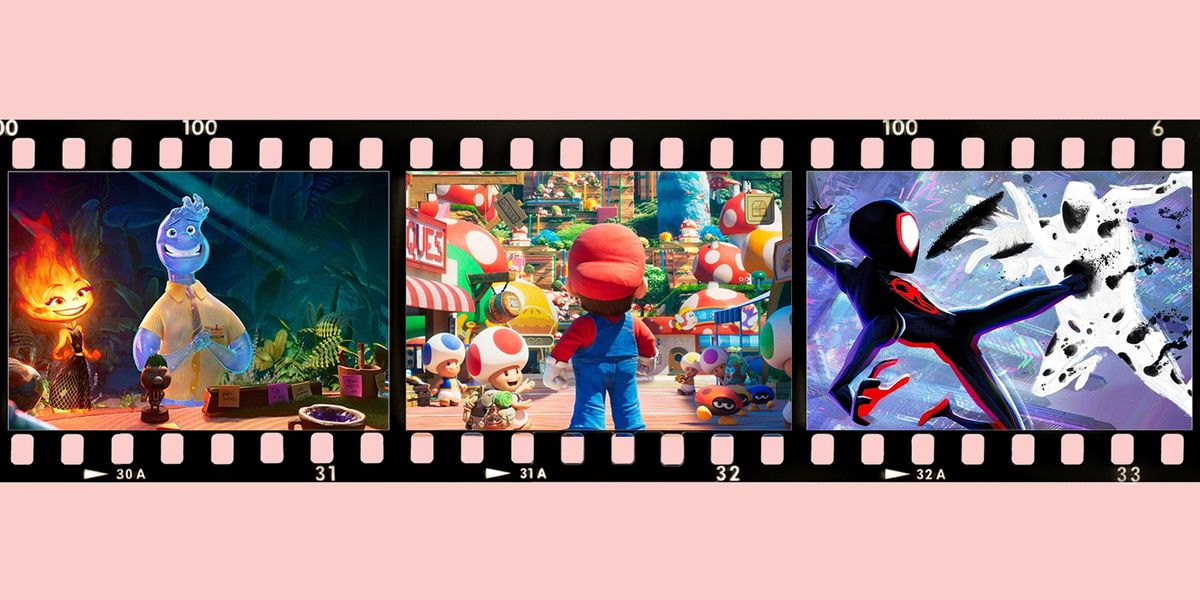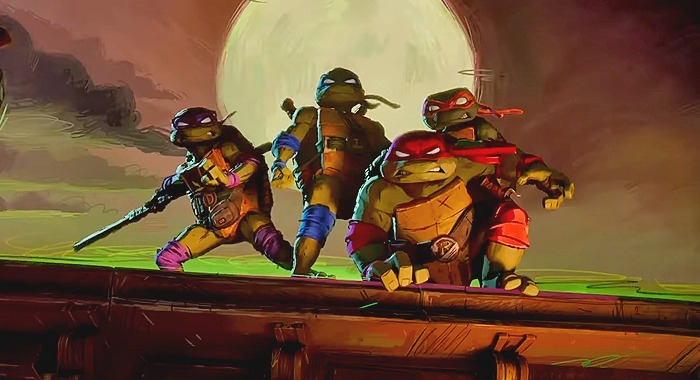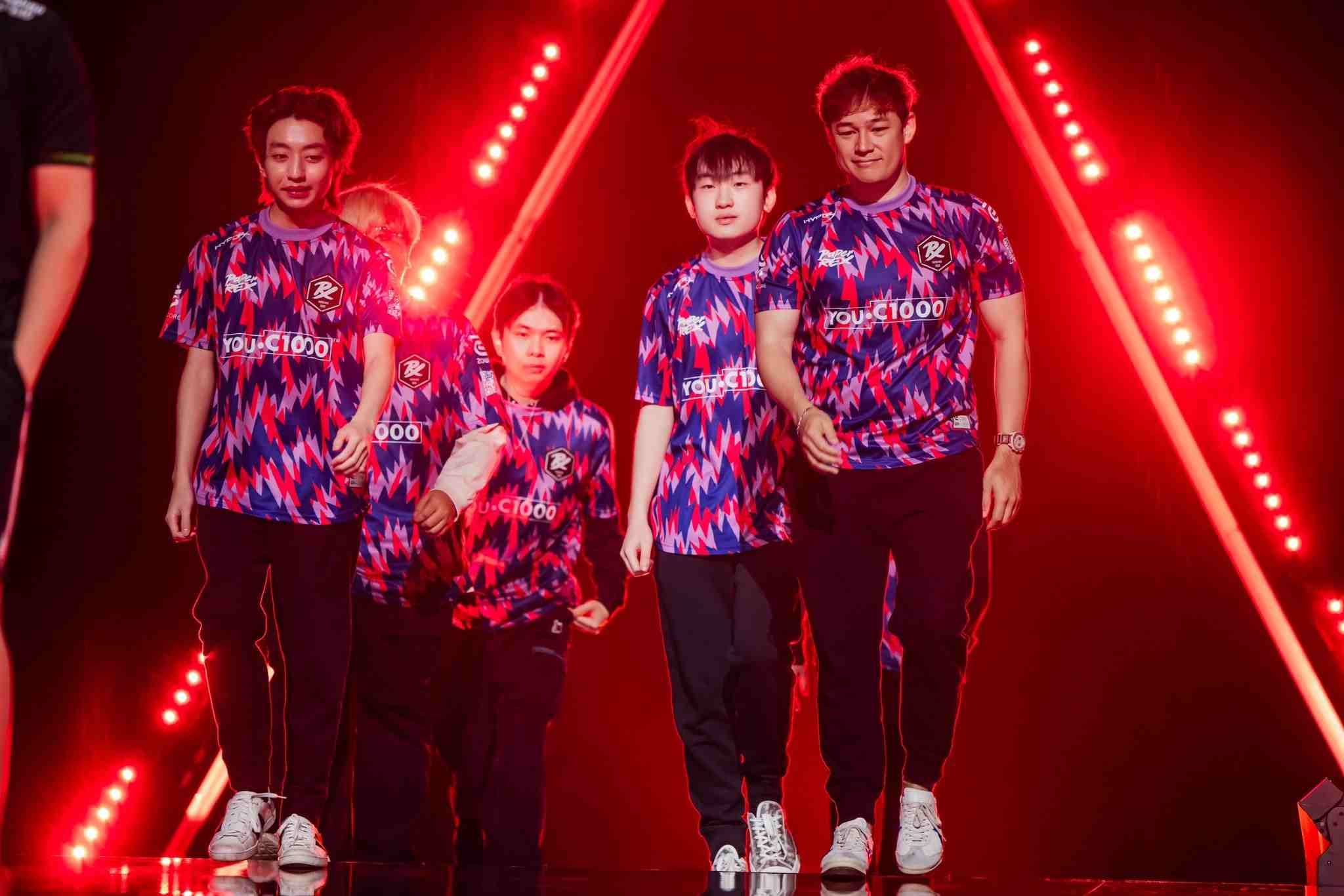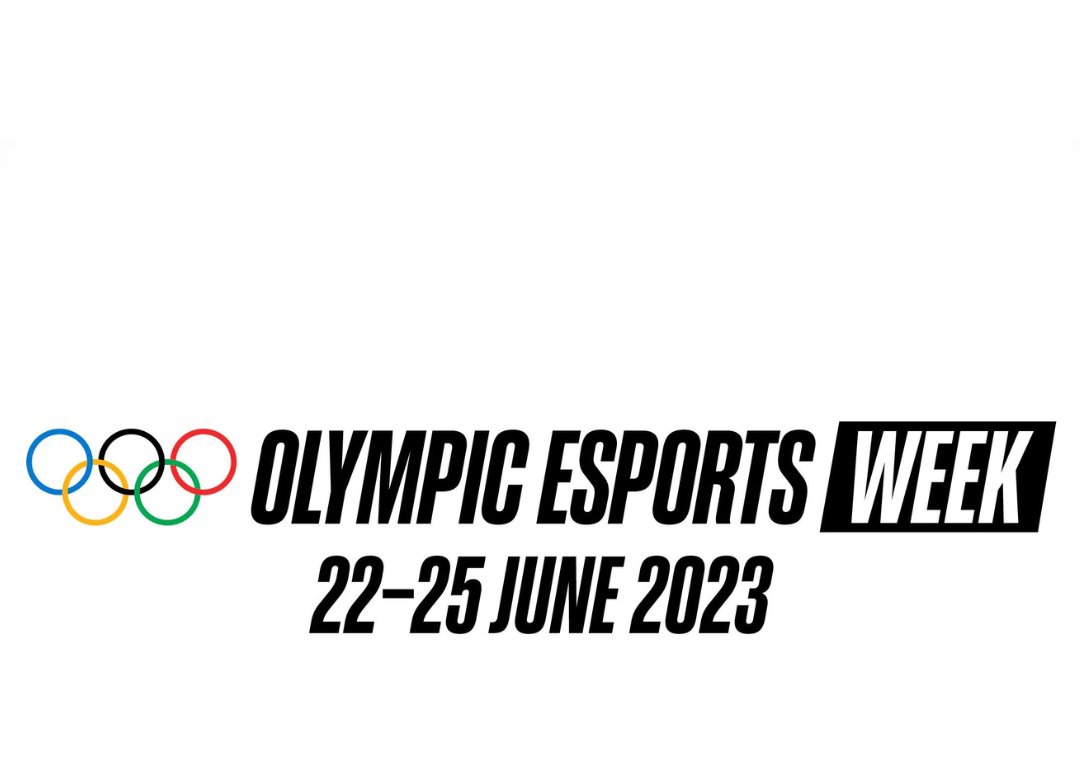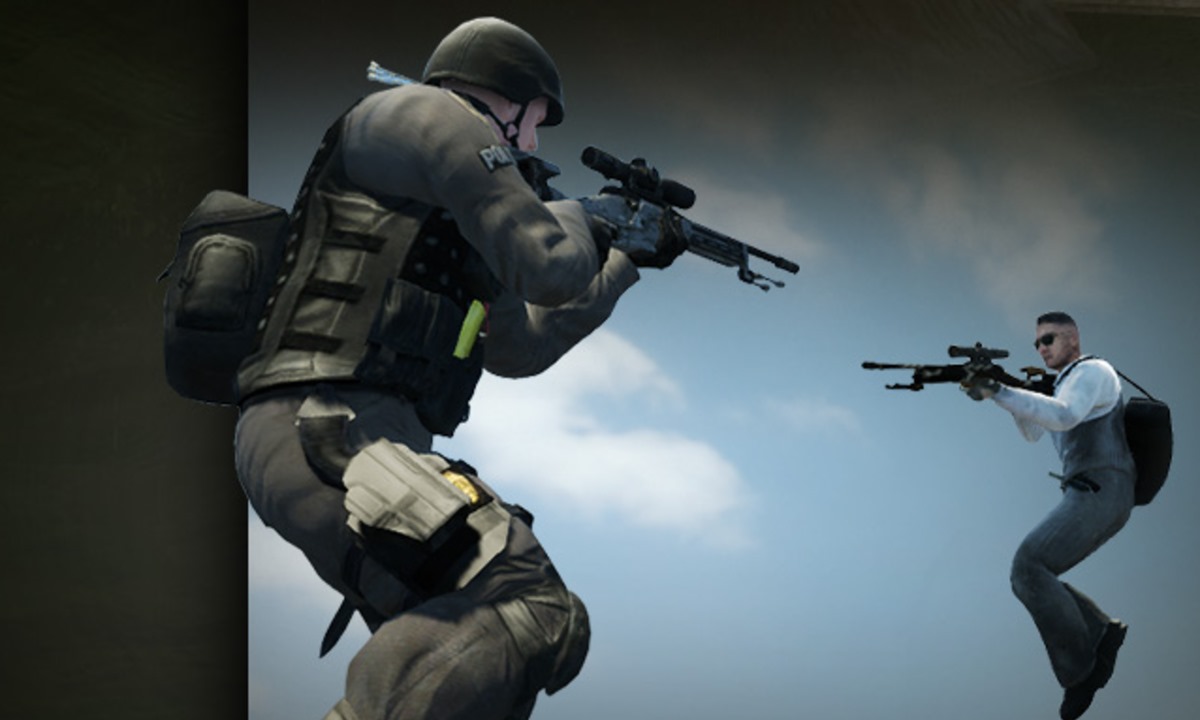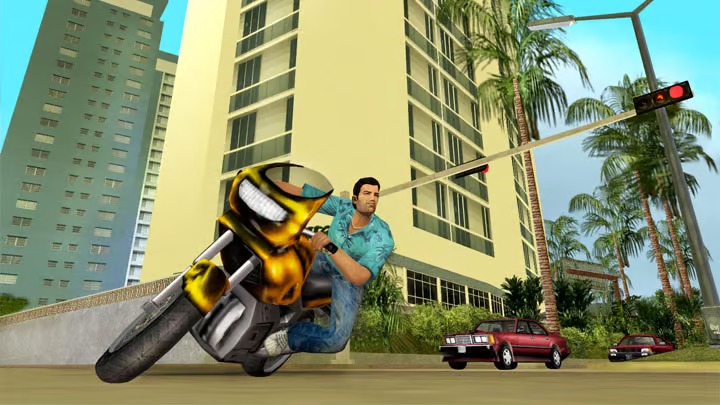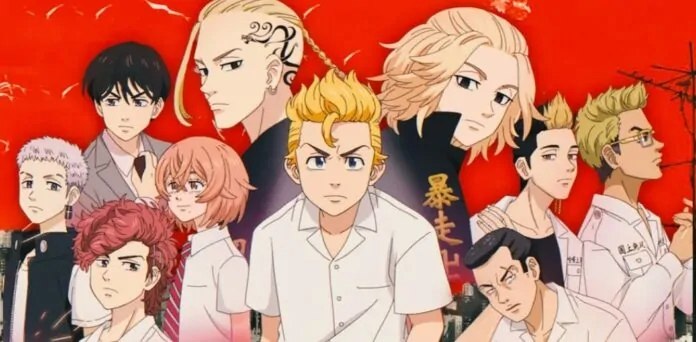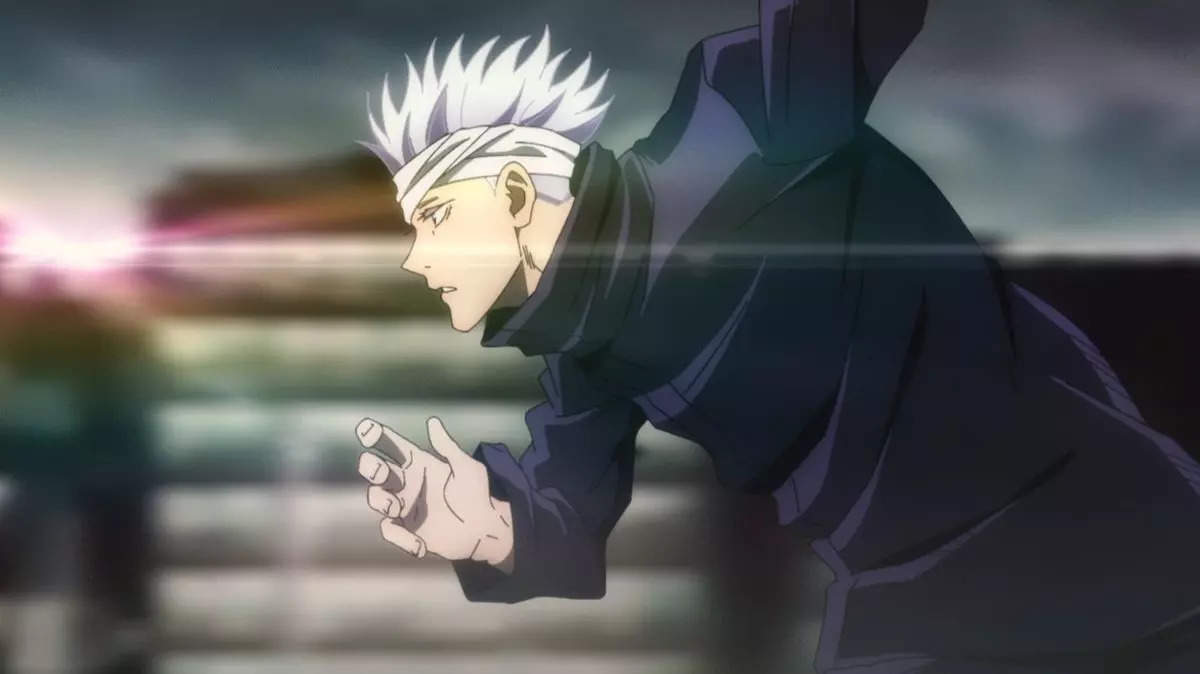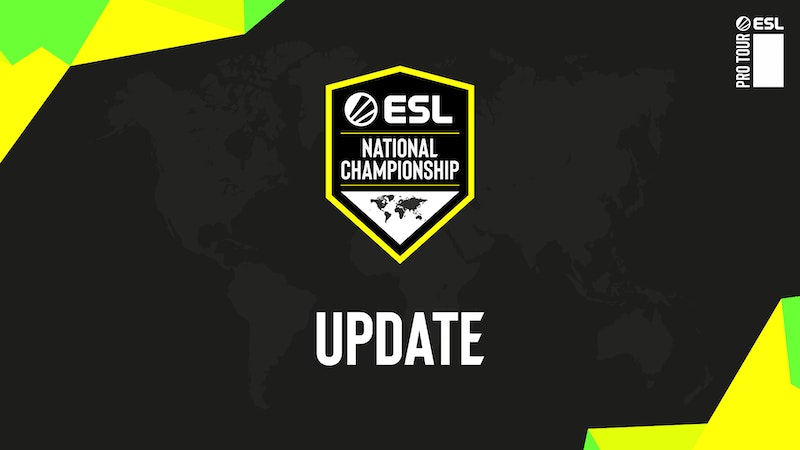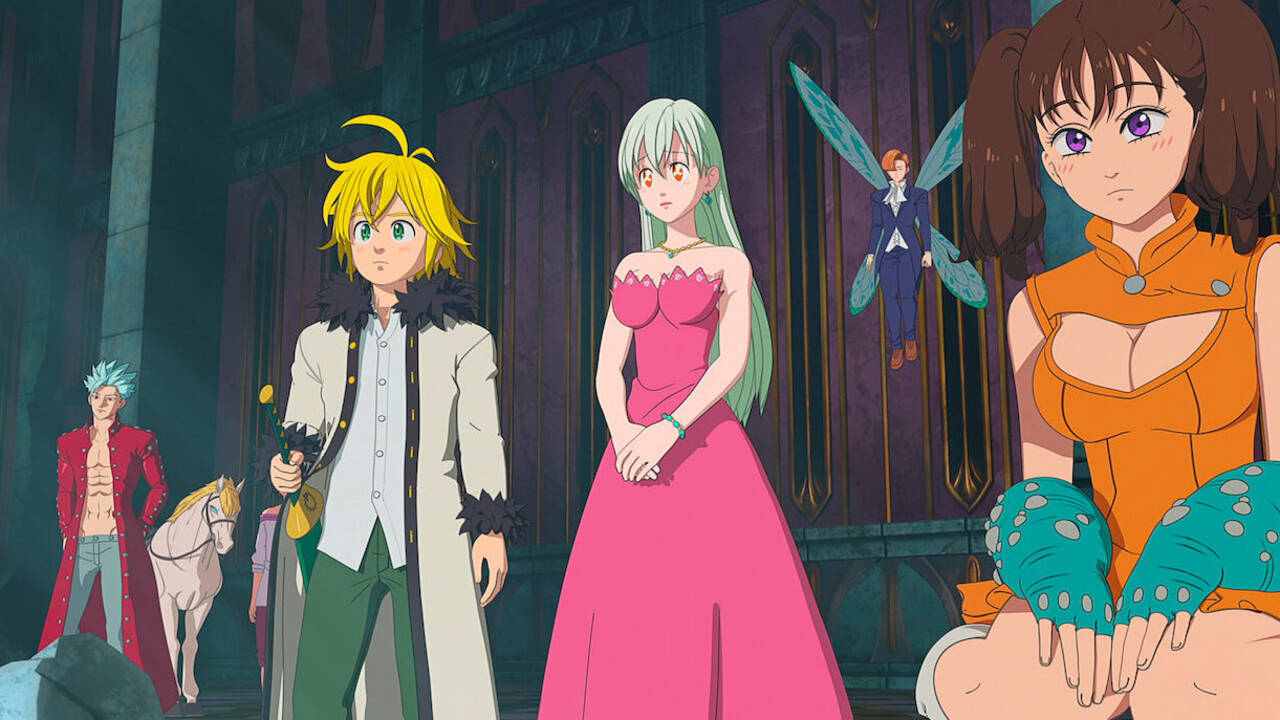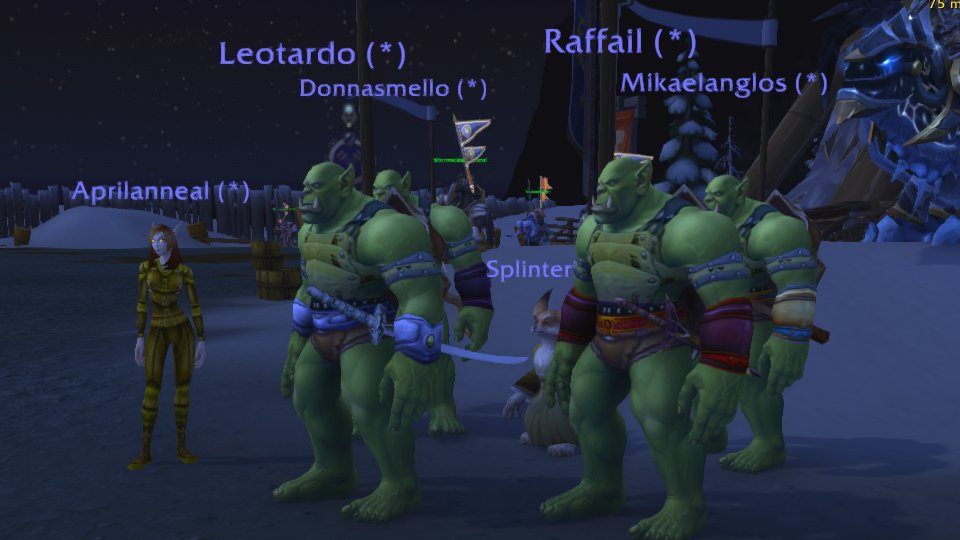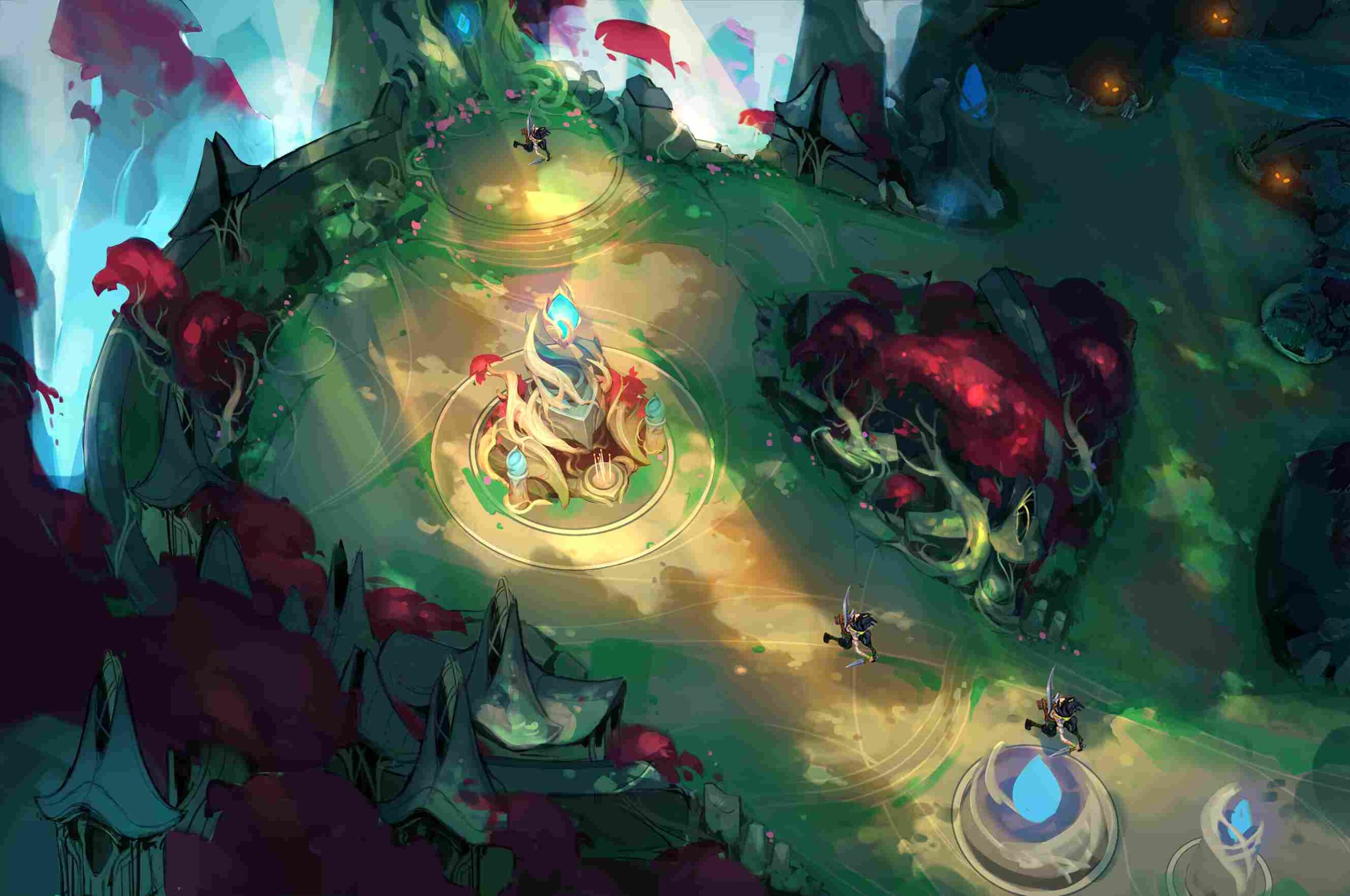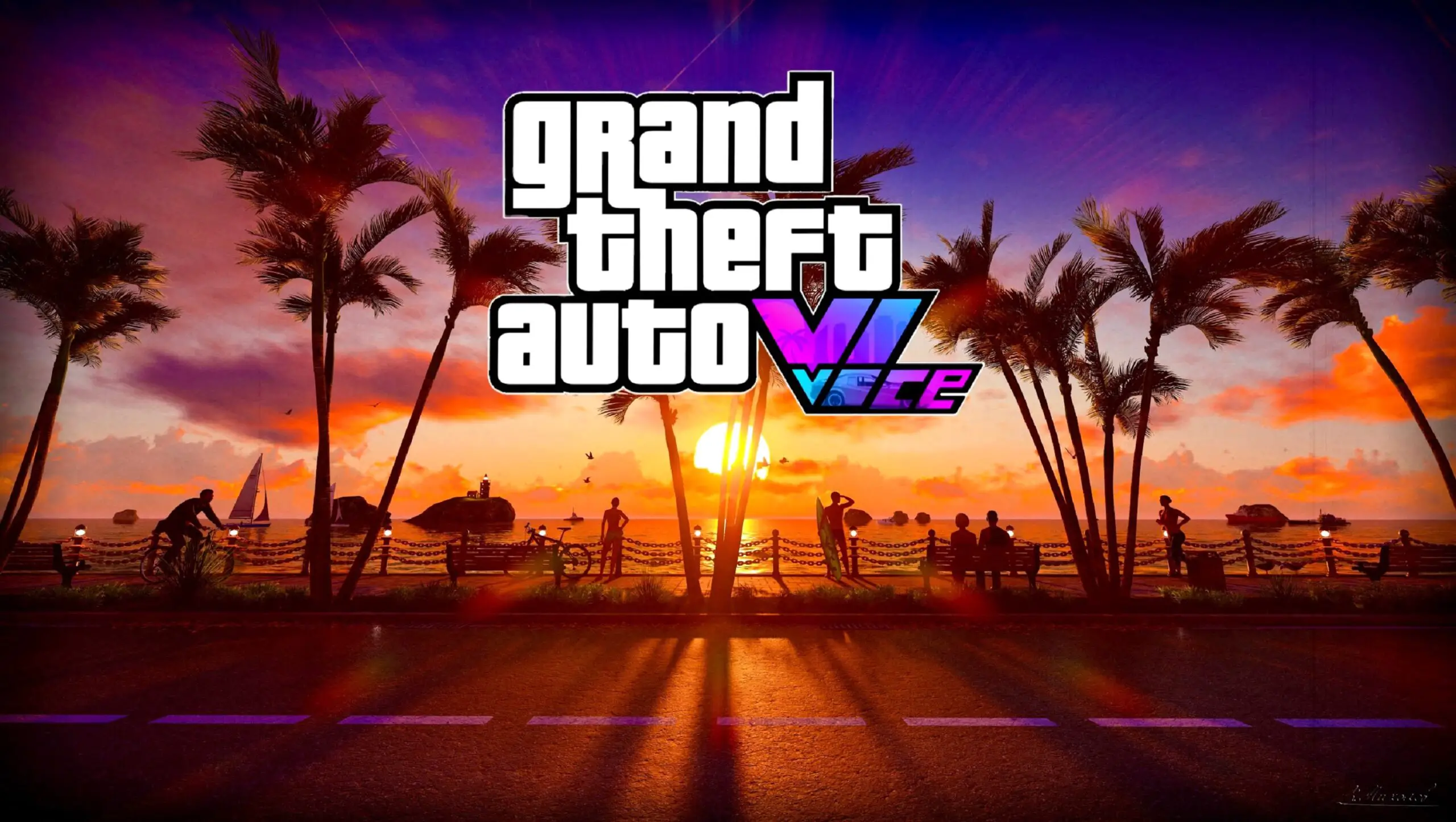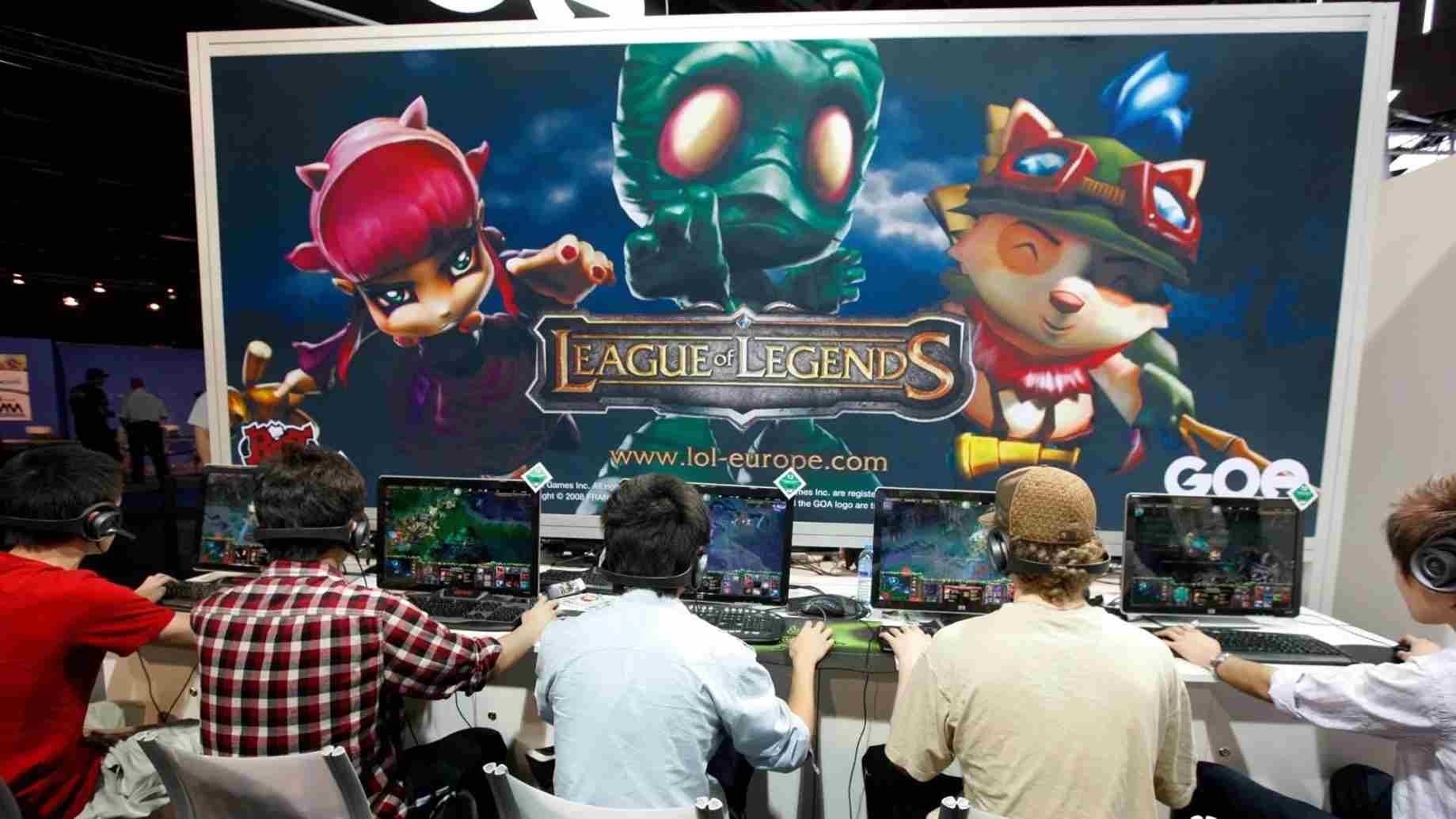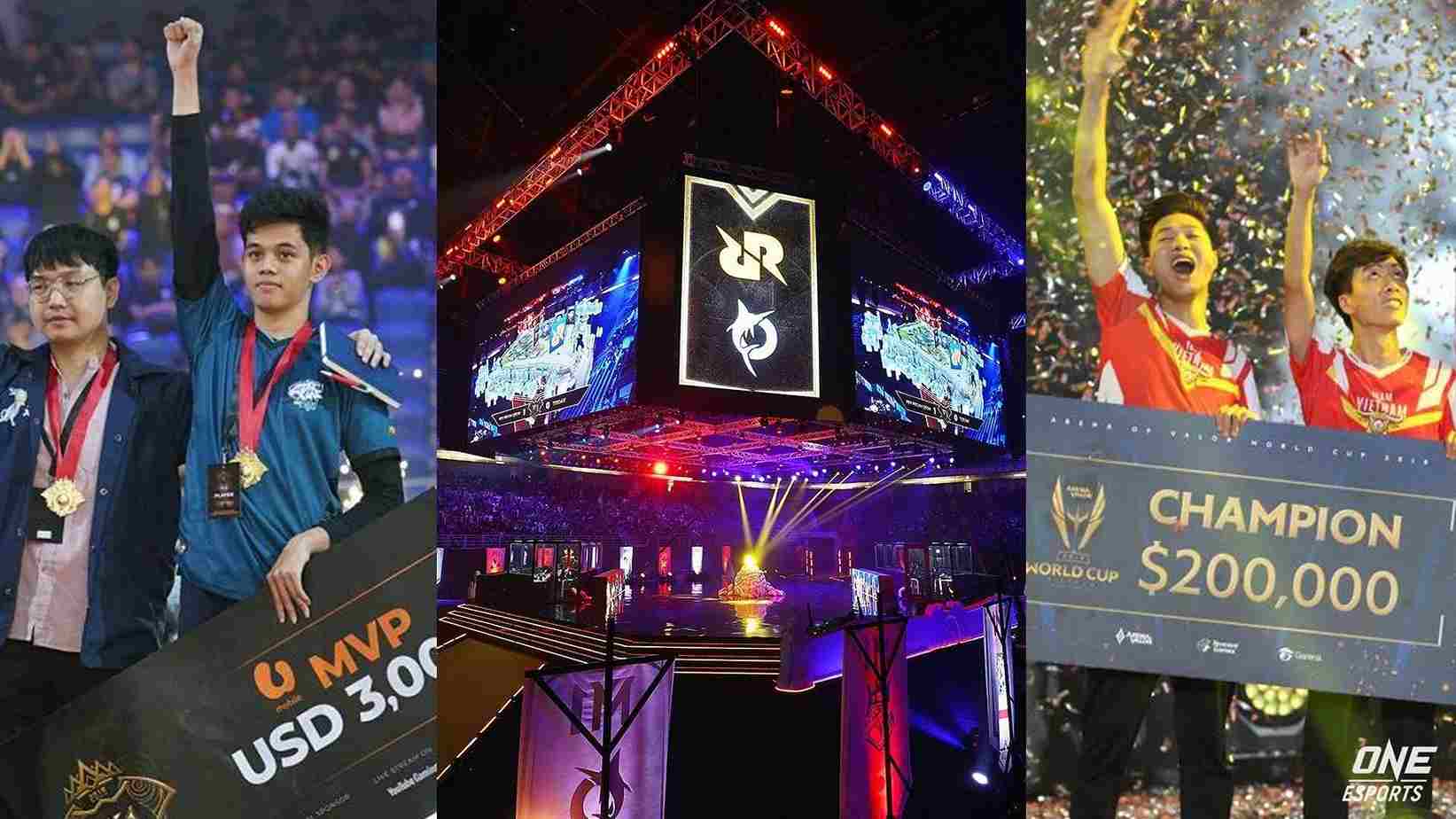Overwatch 2 Anniversary Fails To Dominate The Viewership
The Overwatch 2 Anniversary event, meant to celebrate the game’s first year, has left many players feeling underwhelmed. While it does bring back some seasonal modes from the original game and offers a chance to acquire previously-cycled skins, it falls short in several key areas.
One of the disappointments stems from the lack of new cosmetics and incentives. Players were hoping for exciting new content to mark the occasion, but instead, the event feels more like a rehash of old offerings. This missed opportunity to introduce fresh cosmetics has left some fans wanting more.
The absence of certain cosmetics, like emotes or skins that were featured during Overwatch 2’s first year but are now missing from the Anniversary event, has left players puzzled. For example, the Drill emote for Soldier: 76, a fan-favorite character, was noticeably absent from the event. This has led to frustration among players who expected these items to be available for purchase during the celebration.
The Anniversary event has traditionally been a mix of nostalgia and excitement for new content. However, this time around, the lackluster introduction of new skins and cosmetics has failed to capture the same level of enthusiasm. Skins like the Flower Child Mei skin, priced at $20, are available but not explicitly tied to the Anniversary event, diminishing the event’s significance.
Another issue is the event’s cosmetic rollout. Overwatch 2’s cosmetic system primarily relies on Battle Passes, which provide numerous themed skins. Events, on the other hand, offer only a limited selection of new cosmetics, which often leaves players wanting more. Additionally, there are no dance emotes for the newer heroes introduced in Overwatch 2, which has been a staple of past Anniversary events.
While the Anniversary event does feature some positives, such as moving the Assault mode from the original game into Arcade mode, it ultimately falls short of capturing the essence of what made the event special in the past. It highlights the sequel’s uneven first year rather than celebrating the rich history of Overwatch, leaving players feeling let down.
This underwhelming Anniversary event underscores the challenges Overwatch 2 has faced in maintaining player engagement and delivering on promises made during its development. It’s a stark reminder that the sequel has overshadowed the original game, erasing years of history and community celebration in the process.
While not as dramatic as some of the major changes introduced in Overwatch 2, the lackluster Anniversary event serves as a poignant symbol of the game’s struggle to find its identity and deliver meaningful content. It’s a sobering reminder that sequels, even in established franchises, must strike a delicate balance between innovation and honoring the legacy of their predecessors. In this case, Overwatch 2 seems to have missed the mark.
